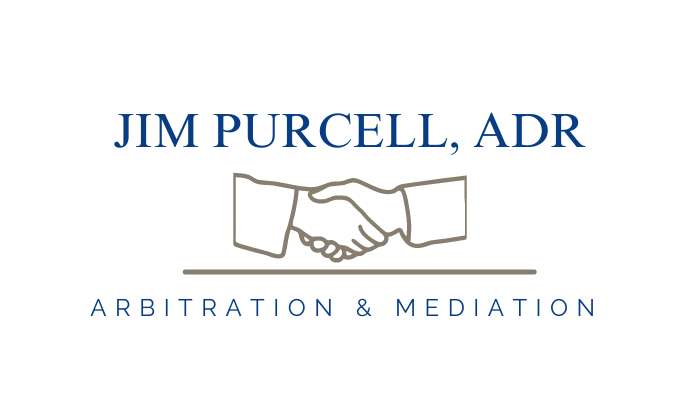 In general, it’s accepted that mediation and arbitration are usually preferable to litigation. The benefits to all parties in choosing alternate dispute resolution (ADR) over the traditional court system are obvious and have been covered extensively elsewhere: Faster, more efficient resolution, less expense, and a less hostile atmosphere that does not preclude post-agreement rapprochement are the main take-aways.
In general, it’s accepted that mediation and arbitration are usually preferable to litigation. The benefits to all parties in choosing alternate dispute resolution (ADR) over the traditional court system are obvious and have been covered extensively elsewhere: Faster, more efficient resolution, less expense, and a less hostile atmosphere that does not preclude post-agreement rapprochement are the main take-aways.
While these benefits are very real and have spurred the increasing use of ADR in disputes between patients and insurance companies, ACOs, and other healthcare providers, the increasing use of ADR in the healthcare industry has also given rise to mandatory arbitration agreements between patients and providers. While some blindly champion mandatory arbitration as a universal good, the fact is it is also a situation ripe for abuse.
The main fact to keep in mind is that arbitration is best entered into by parties of equal status. In a situation where a patient is forced into an arbitration agreement, they are clearly not equal in knowledge or resources with the healthcare provider or insurance company they have a dispute with. If arbitration is entered into voluntarily after the dispute manifests, it may be assumed it is done so with the full understanding and cooperation of both parties.
Mandatory arbitration agreements entered into when the patient is under distress (when being admitted into a healthcare facility, for example) or when they feel they have no choice (as when participating in a group insurance plan) is an agreement between unequal partners. At worst it encourages abuse in the arbitration process (most notably the ‘repeat player’ problem of arbitrators developing relationships with the ACO or healthcare provider in question); at best it sours the spirit of the individual and thus adversely affects the arbitration process.
Legislation has been proposed that would attempt to even this playing field, mainly by requiring arbitrators and healthcare organizations to provide data on the selection of the arbitration professional or firm to justify and enforce fairness in the process. However, most of the legislation so far proposed could be classified as either too invasive, requiring inordinate amounts of diligence, or too vague, permitting far too much leeway.
A better idea might simply be to prohibit mandatory arbitration altogether and only allowing arbitration as an option when a dispute arises. This would grant a portion of power back to the patient as they would be able to avoid arbitration if they felt it was counter to their interests.
And why, as the former CEO of a health insurer, am I writing this? Because if ADR is to succeed, it must not only be perceived to be fair. It has to be fair. Fairness should be a universally accepted tenet of dispute resolution.


I adore your blog site.. Pleasant hues & theme. Does you style this site by yourself as well as have a person rely on someone else to make it happen for you? Plz reply while I!|m wanting to style and design my own web site along with would wish to find out where by you got this out of. Appreciate it
Hi…I had it professionally done. I could never have done this myself. I have a name if you want it. He’s also helping me with a marketing plan. Thanks for the comment.
Jim
This is exactly i am seeking. That is what I refer to as valuable. The details provided in here is usually to the most successful. I need to say you will require invested a while in setting all these content together. These are related to your market. I am going to recommend this kind of to everyone and to all of my acquaintances. I’ll return here to examine the quality of give good results. Thank you for generating this specific happen.
Glad to be of help.
Jim